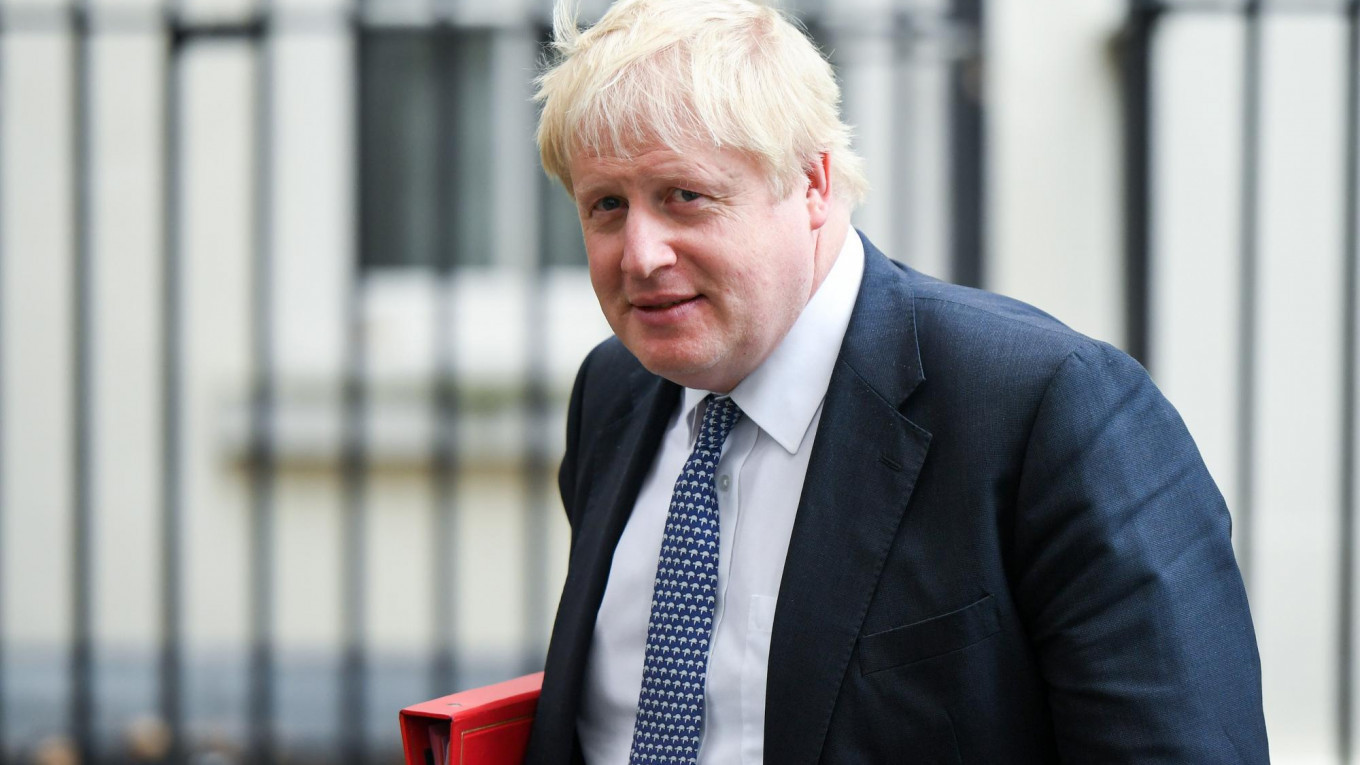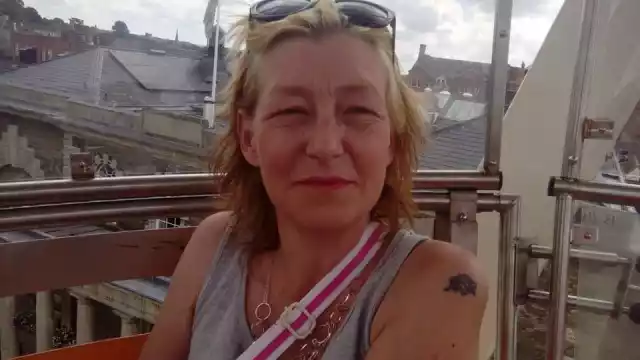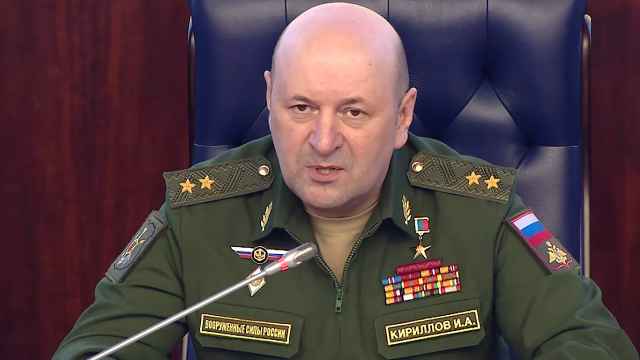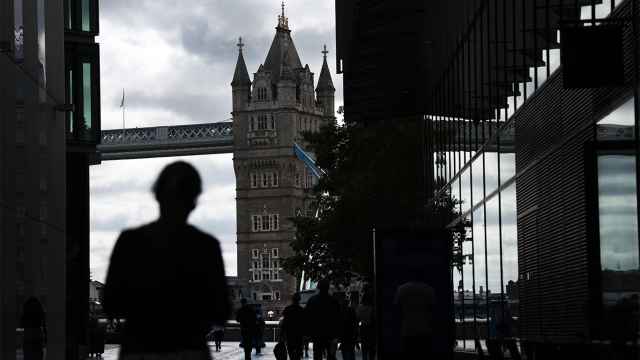Prime Minister Boris Johnson on Monday held talks with Russian President Vladimir Putin, telling him to "de-escalate tensions" with Ukraine, Downing Street said.
The British leader echoed concern from the G7 on Sunday about the build-up of Russian forces on the border, urging a diplomatic solution to the stand-off, his office said.
His intervention comes after a two-day meeting of the G7 in which the grouping's top diplomats warned Moscow of "massive consequences" if it invades the former Soviet state.
Direct contact between London and Moscow has been rare since London expelled dozens of Russian diplomats following a chemical weapon attack in the English city of Salisbury.
Britain blamed Russia for the 2018 attempted murder of former double agent Sergei Skripal and his daughter with the Cold War-era nerve agent Novichok.
It had already accused the Kremlin of being behind the radiation poisoning death of another former Russian agent, Alexander Litvinenko, in London in 2016.
Downing Street said Johnson told Putin of his "deep concern" at the Russian troop build-up on the border with Ukraine, which Moscow says is defensive.
He "reiterated the importance of working through diplomatic channels to deescalate tensions and identify durable solutions," the government statement said.
"The prime minister emphasized the U.K.'s commitment to Ukraine's territorial integrity and sovereignty, and warned that any destabilizing action would be a strategic mistake that would have significant consequences."
The G7, made up of Britain, Canada, France, Germany, Italy, Japan and the United States, unanimously condemned Russia and warned it of severe repercussions in similar language.
All options, including wide-ranging political and economic sanctions, were on the table if Russia ignores a diplomatic solution, officials indicated.
A Message from The Moscow Times:
Dear readers,
We are facing unprecedented challenges. Russia's Prosecutor General's Office has designated The Moscow Times as an "undesirable" organization, criminalizing our work and putting our staff at risk of prosecution. This follows our earlier unjust labeling as a "foreign agent."
These actions are direct attempts to silence independent journalism in Russia. The authorities claim our work "discredits the decisions of the Russian leadership." We see things differently: we strive to provide accurate, unbiased reporting on Russia.
We, the journalists of The Moscow Times, refuse to be silenced. But to continue our work, we need your help.
Your support, no matter how small, makes a world of difference. If you can, please support us monthly starting from just $2. It's quick to set up, and every contribution makes a significant impact.
By supporting The Moscow Times, you're defending open, independent journalism in the face of repression. Thank you for standing with us.
Remind me later.






